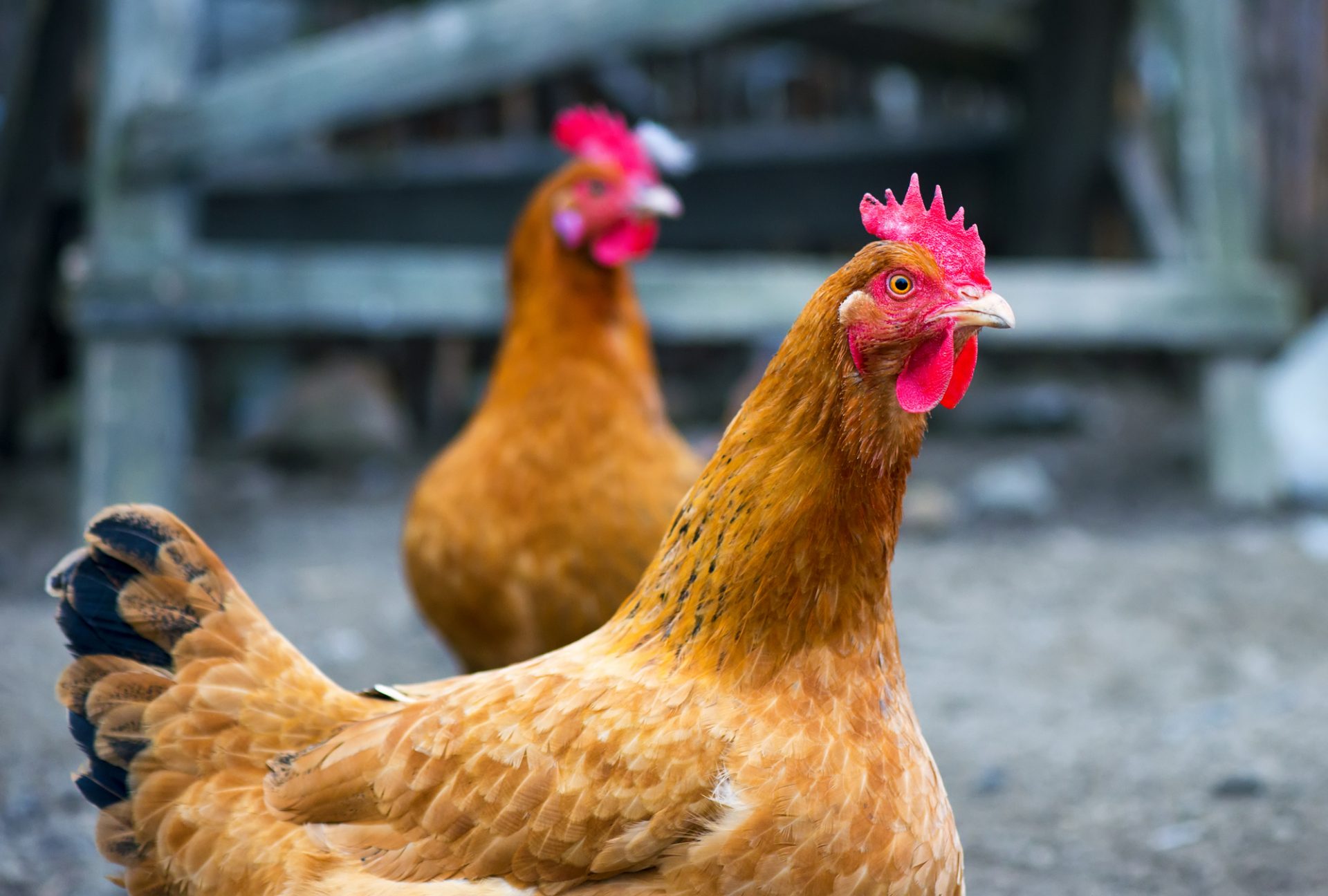Chickens are among the most popular pets and farm animals, providing food and companionship to many people. Understanding hen lifespan is an important part of successful chicken husbandry. Knowing how long hens live can help you plan for the future of your flock and ensure that your birds are well cared for throughout their life. This article will discuss the average hen lifespan and provide tips for keeping hens healthy and happy.
What Factors Determine a Hen’s Lifespan?
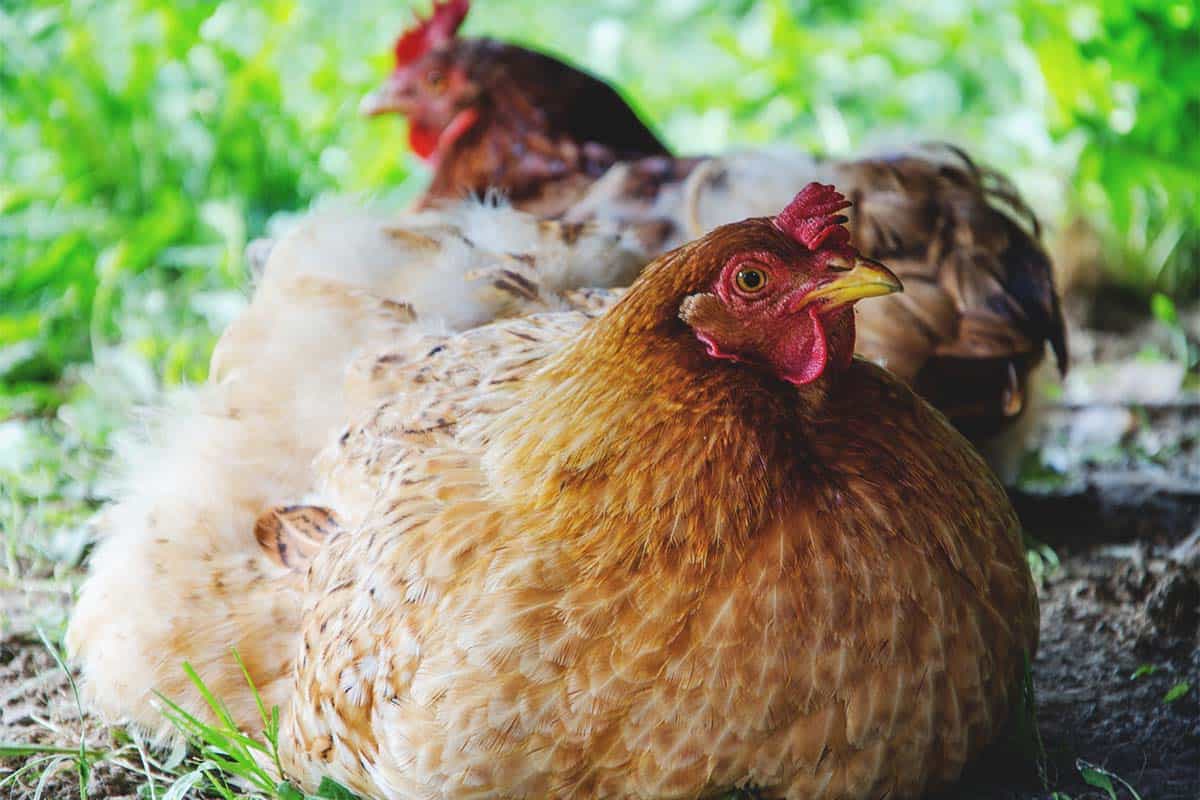
Health
The health of a hen plays a major role in determining an average hen’s lifespan. Good nutrition, exercise, and regular veterinary care all contribute to a hen’s overall health, which can help extend their life expectancy.
Species
The species of a chicken also has an impact on the life expectancy of hens. Certain breeds can have a longer or shorter lifespan than others, depending on their size and characteristics. For example, bantam chickens can have a lifespan of 10-12 years, while large breeds such as the Jersey Giant can live up to 16 years.
Environment
The environment in which a chicken is kept can also be a major factor in determining a hen’s lifespan. If a hen is kept in a safe, secure, and clean environment, free from predators and other hazards, she is more likely to live a longer life than if she were kept in an unsafe or unclean environment.
In general, the average age of a chicken is about 7-10 years, although some breeds can live for much longer with the right care and environment.
Lifespan of Domestic Chickens
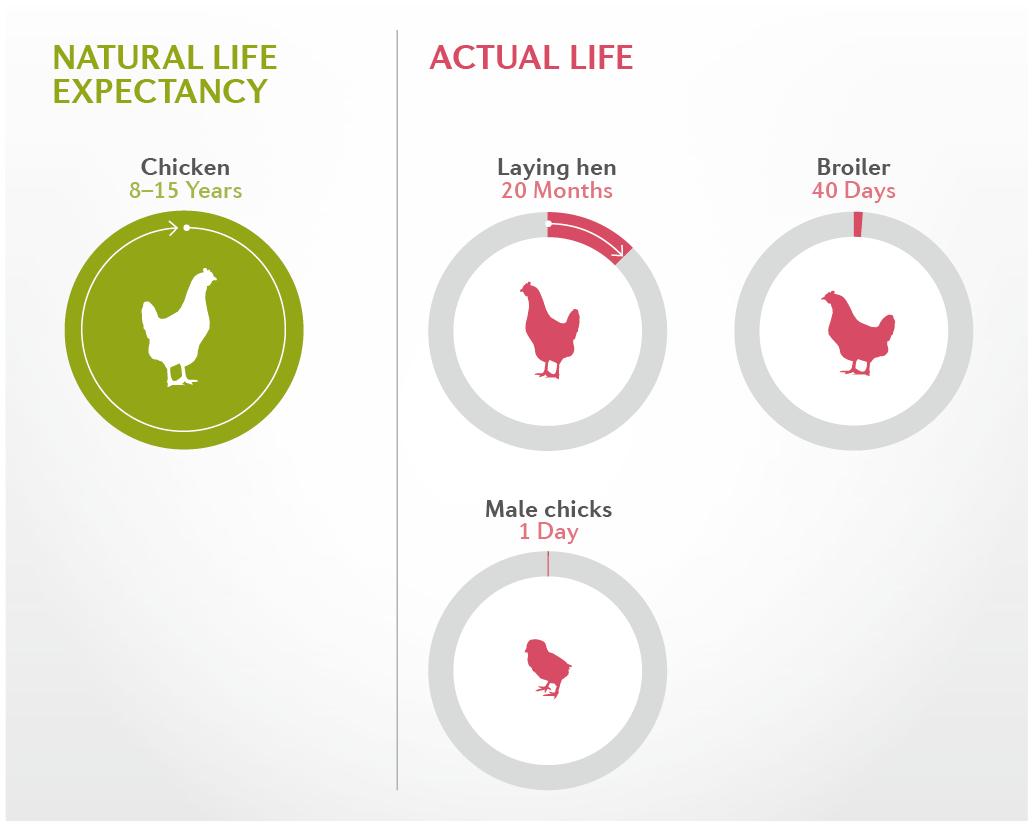
The lifespan of domestic chickens can range from five to ten years. However, on average, most chickens live five to seven years. Factors such as breed, living conditions, health, and diet all influence the length of a chicken’s life.
- Breed – Chickens bred for egg production usually have shorter lifespans than those bred for meat production.
- Living Conditions – Chickens kept in a clean, safe environment with plenty of space to roam and access to fresh food and water will tend to live longer.
- Health – Chickens kept in unhealthy environments or with compromised immune systems may not reach their full lifespan potential.
- Diet – Providing a balanced diet with plenty of nutrients and vitamins is essential for maintaining a chicken’s health and longevity.
It is important to keep in mind that these are average estimates and individual chickens may have different lifespans. With proper care, some chickens can live up to 10 years, while others may not make it past five.
Lifespan of Wild Chickens
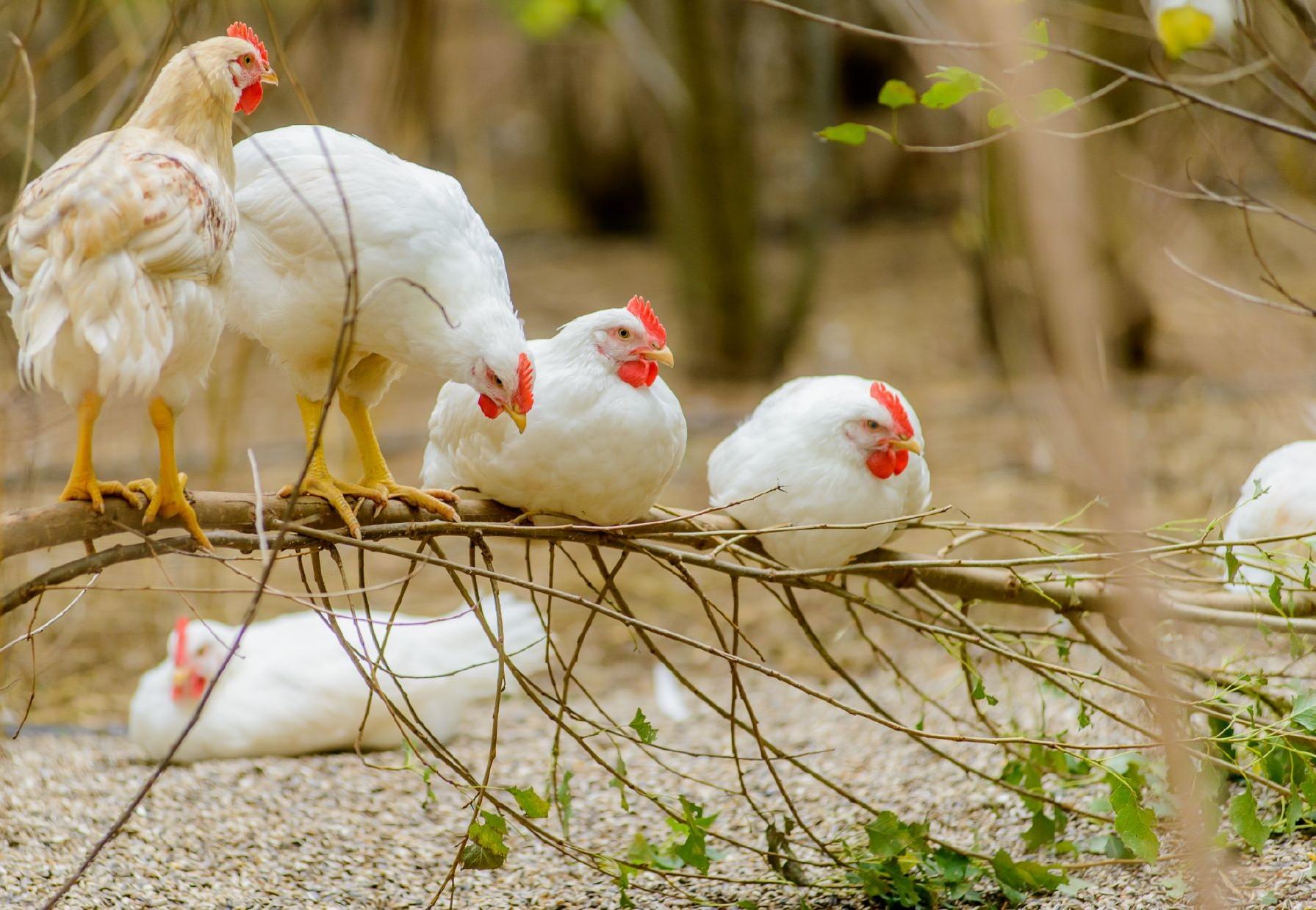
Wild chickens typically live shorter lives than those in captivity, due to the lack of protection from predators and harsher environmental conditions. The average lifespan of chicken in the wild is 3 to 5 years, although some may live longer. The elements and other predators are the main causes of death, with diseases and malnutrition also playing a role.
| Causes | Percentage |
|---|---|
| Elements and Predators | 80-90% |
| Diseases and Malnutrition | 10-20% |
Common Health Issues Affecting Lifespan
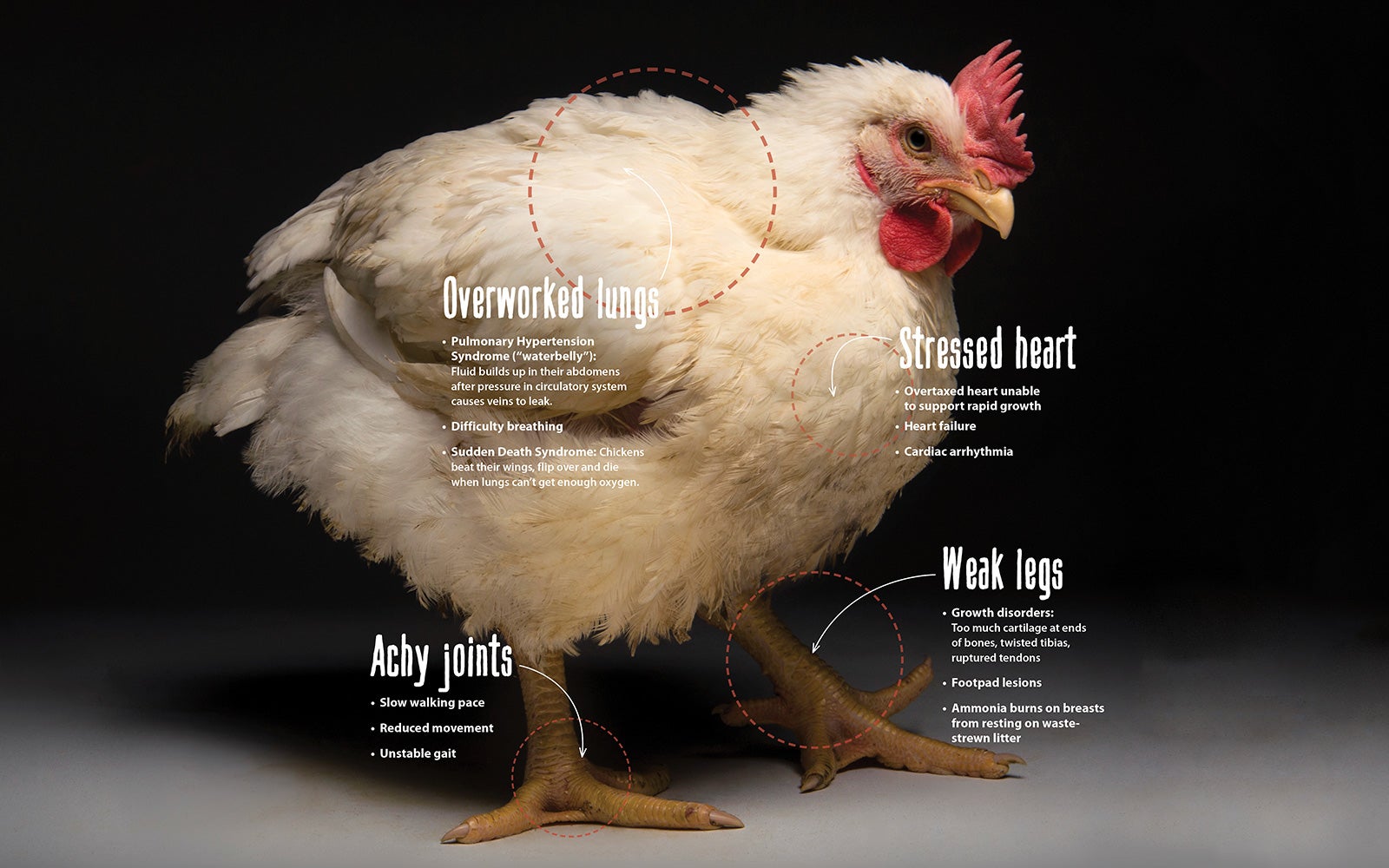
When it comes to the life span of chickens, it is impacted by various health issues that can affect their quality of life and lifespan. The most common health issues affecting chickens include:
- Parasites – Parasites such as mites, lice, and ticks can cause health problems for chickens, including skin irritation, anemia, and even death.
- Infectious Diseases – Chickens can be affected by a variety of contagious diseases, such as avian flu and Newcastle disease. These diseases can spread quickly among chickens and can cause severe health issues, including death.
- Nutritional Deficiencies – Poor nutrition can lead to a variety of health issues in chickens, including stunted growth, reproductive issues, and general weakness.
- Environmental Stressors – Stressors such as extreme weather, overcrowding, and improper housing can lead to health issues in chickens, including feather loss, respiratory problems, and decreased egg production.
By providing your chickens with a healthy diet and environment, you can help ensure that they have a long and healthy life.
Ways to Increase Chicken Lifespan
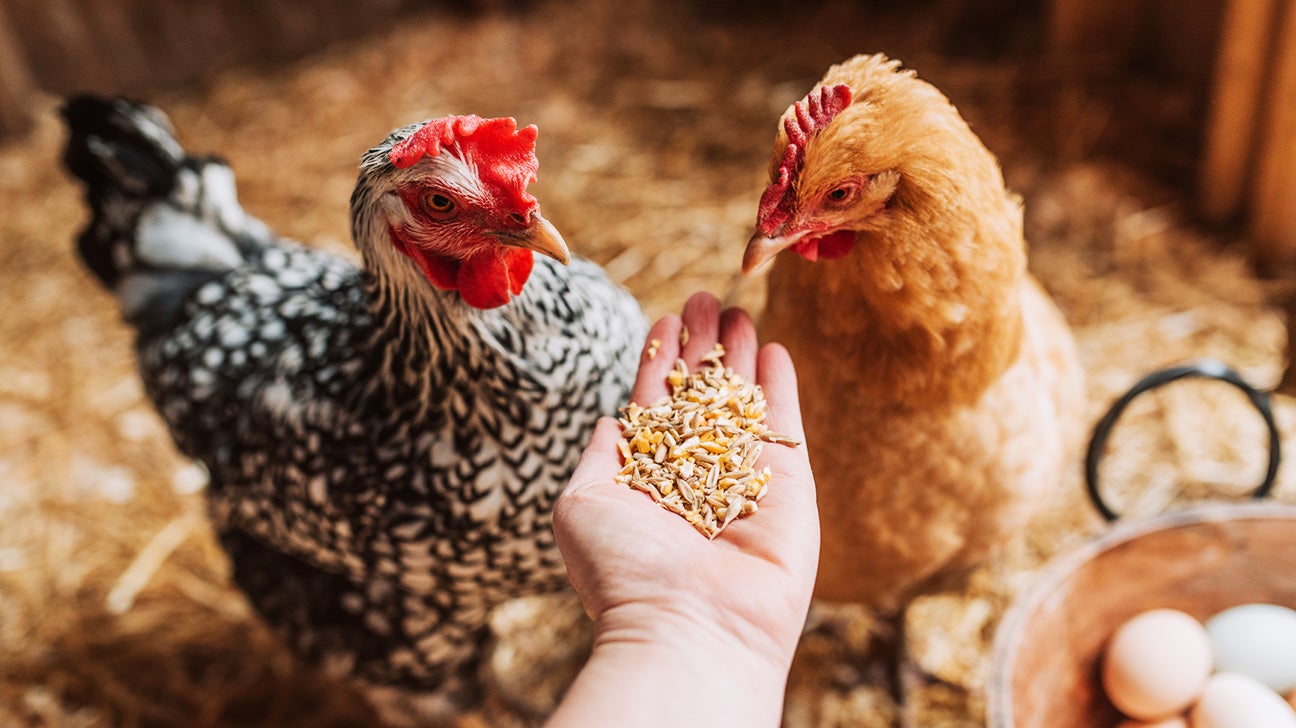
- Provide a Healthy Diet: Providing chickens with a healthy diet is essential for their longevity. A diet that is balanced in nutrients, including proteins, carbohydrates, and minerals, is important for their overall health. A diet that is fortified with vitamins, minerals, and probiotics can help improve their immunity and prevent disease.
- Give Access to Clean Water: Access to clean, fresh water is essential for chickens to remain healthy and live longer. Be sure to keep their water containers clean and provide them with clean water on a regular basis.
- Ensure the Coop is Clean and Dry: Keeping the chicken coop clean and dry is essential for the hens’ health. If the coop is too damp, the droppings will accumulate quickly and the dampness can cause respiratory diseases in chickens. Clean out the coop regularly and make sure it is well ventilated.
- Provide Adequate Housing: Chickens need adequate housing to ensure their health. Make sure the coop is large enough for the number of chickens you have, and that there is enough space for them to move around and access food and water.
- Keep Predators Away: Predators can be a major threat to chickens. Make sure the coop is secure and keep an eye out for any predators in the area. Install motion-activated lights around the coop, use fencing, and keep them indoors at night to protect them from predators.
- Minimize Stress: Stress can lead to a reduction in a chicken’s lifespan. Minimize stress for chickens by providing a safe, comfortable environment and avoiding overcrowding. Do not handle them too much, and give them plenty of space to move around.
By following these simple steps, you can help ensure that your chickens have a long and healthy life. Knowing what is the lifespan of a chicken and taking steps to maximize it can be beneficial for both chickens and chicken keepers.
Common Causes of Death in Chickens
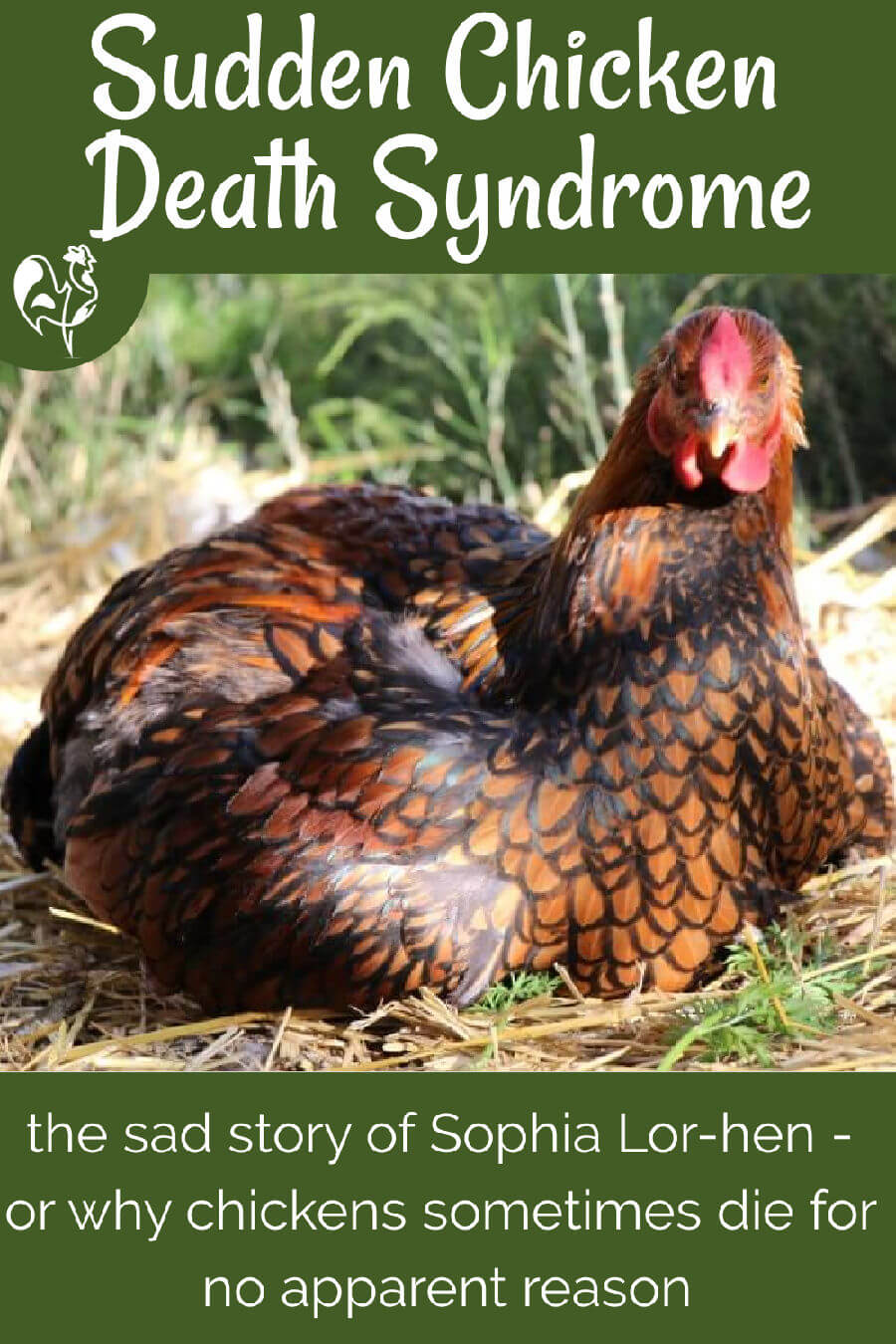
- Predation: Chickens are a natural prey of predators such as foxes, hawks, raccoons, and coyotes. They can also succumb to attacks by house cats and dogs.
- Injuries: Injuries caused by other chickens in the flock can lead to death. This is especially common in overcrowded and poorly managed flocks.
- Diseases and Parasites: A variety of diseases and parasites can affect chickens, leading to mortality and significantly reducing the chicken life span.
- Poor Nutrition: Poor nutrition, such as a lack of vitamins and minerals, can lead to a weakened immune system and ultimately death of the bird.
- Heat Stress: Chickens are susceptible to heat stress, which can cause death if temperatures get too high.
- Avian Influenza: Avian influenza is particularly dangerous to chickens and can cause rapid mortality in a flock.
The average chicken life span is between 5 to 10 years, but this can vary based on a variety of factors, including breed, nutrition, and environment. Poor husbandry practices, such as overcrowding, inadequate nutrition, and lack of veterinary care, can all reduce the lifespan of chickens. Common causes of death in chickens include predation, injuries, diseases and parasites, poor nutrition, heat stress, and avian influenza.
Is There a Maximum Lifespan for Chickens?
It is widely known that the life expectancy of a chicken is largely dependent on the breed, nutrition and care they receive. But is there a maximum lifespan for chickens?
Yes. Studies have shown that chickens will typically live for up to 10 years with some breeds reaching up to 15 years. The table below shows the average life span of the most common chicken breeds.
| Breed | Average Lifespan |
|---|---|
| Leghorn | 7-9 years |
| Rhode Island Red | 5-7 years |
| Australorp | 5-7 years |
| Barred Rock | 7-9 years |
| Orpington | 7-9 years |
However, it is important to note that even with the best care, the life span of a chicken is largely dependent on genetics. Chickens that come from a heritage breed typically have a longer life expectancy than those that come from hybrid or commercial chickens. In addition, it is important to note that hens typically live longer than roosters.
Frequently Asked Questions
What Factors Affect a Hen’s Lifespan?
Environment: The environment in which chickens are kept can play a huge role in their lifespan. Poor living conditions and the exposure to extreme weather conditions can lead to an early death.
Diet: Feeding chicken’s a diet that is rich in nutrients, minerals, and vitamins is essential to their long-term health. Without a balanced diet, hens are more likely to suffer from nutritional deficiencies and sickness that can shorten their life span.
Species: Different breeds of chickens have different life expectancies. For example, a bantam chicken typically lives for 2-3 years while a commercial chicken can live up to 10 years.
Health: Keeping chickens in clean, healthy conditions is essential to their long-term health and lifespan. Signs of poor health such as feather loss, depression, and weight loss should be monitored and addressed as soon as possible.
Predators: Predators such as foxes, raccoons, and hawks can pose a serious threat to chickens. Taking steps to protect chickens from predators is important to ensure their safety and long-term health.
Are Hens Prone to Certain Health Problems?
Yes, hens are prone to certain health problems and diseases that can shorten their lifespan. Some of the most common health problems that hens can experience include:
- Mareks Disease
- Infectious Bronchitis
- Infectious Coryza
- Newcastle Disease
- Avian Influenza
- Mammary Tumors
- Lameness
- Coccidiosis
- Parasitic Worms
Good management practices go a long way in keeping hens healthy. Vaccinations and regular de-worming can help prevent the spread of disease and parasites. Attention to diet, housing, and other husbandry practices can also help ensure the health and longevity of your hens.
How do you ensure a hen lives a long and healthy life?
- Nutrition: Provide a balanced diet of high-quality feed, including layers pellets, greens, grains and other fresh foods. Supplement with calcium sources such as oyster shells and grit.
- Housing: Provide a safe and secure housing environment, free from drafts and predators. Ensure the coop is cleaned regularly, and provide perches, nesting boxes, and other accessories to promote natural behaviors.
- Veterinary Care: Visit a qualified avian veterinarian annually for routine check-ups, and consult with the vet when any health problems arise.
- Exercise: Allow the hens access to a suitable outdoor area for exercise and foraging.
- Mental Stimulation: Provide a variety of stimulation in the form of toys, treats, and enrichment activities.
Is there a difference between the lifespan of pet hens and those bred for commercial purposes?
Yes. Pet hens typically have a longer lifespan than those bred for commercial purposes. Pet hens are generally given better care and nutrition and are less prone to the diseases that frequently affect commercially bred hens. Generally, pet hens live for around 8-10 years, while commercially bred hens usually live for around 5-7 years.
Is there a difference between the lifespan of different breeds of hens?
Yes, there is a difference between the lifespan of different breeds of hens. Generally, heritage or older breeds of chickens live longer than modern, commercial breeds. Some breeds can reach up to 10 years of age, while the average for commercial breeds is between 2-4 years. Age, environment, nutrition, and health all play a role in determining a hen’s lifespan.
Conclusion
The average lifespan of a hen in good health, with access to ample food and water, and a safe and comfortable environment, is between 5 and 10 years. However, hens can live much longer, up to 15 years or even more, with the right care and attention. Good nutrition, regular health checks, and preventive measures such as parasite control and vaccination can help ensure that hens live a long and healthy life.
